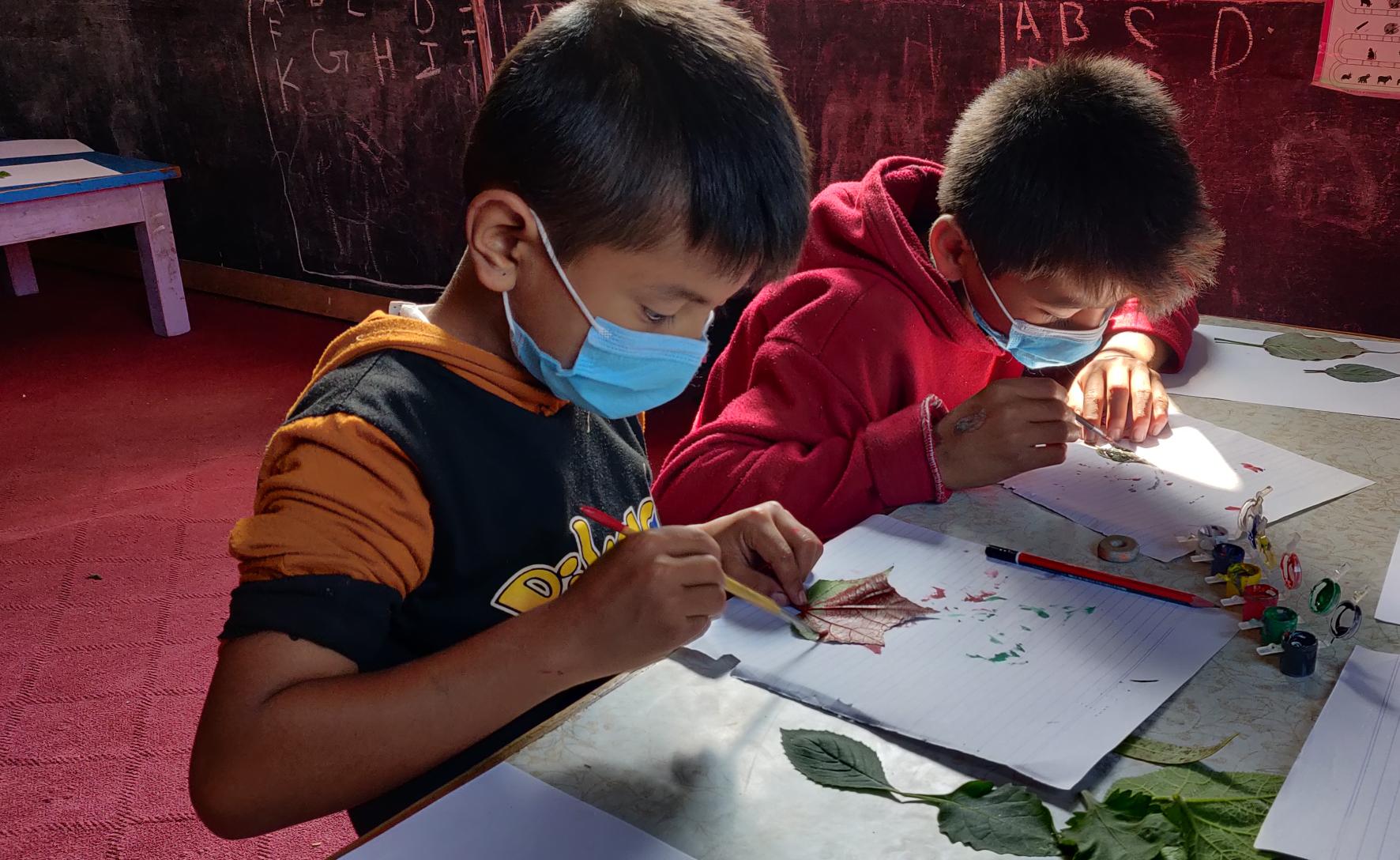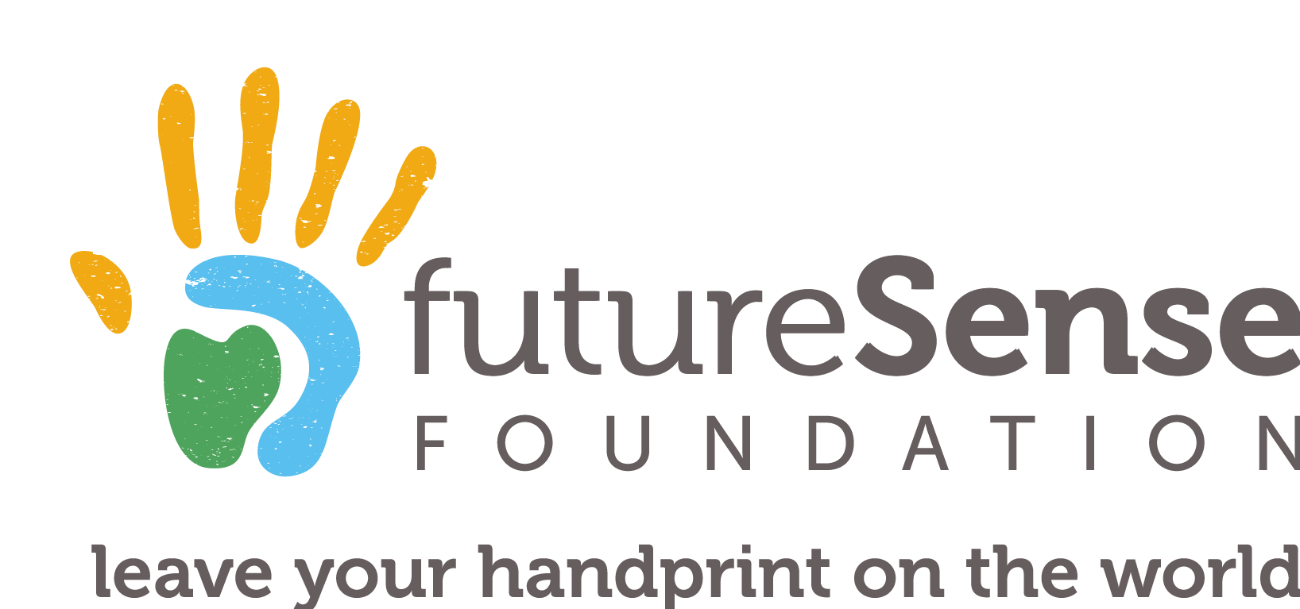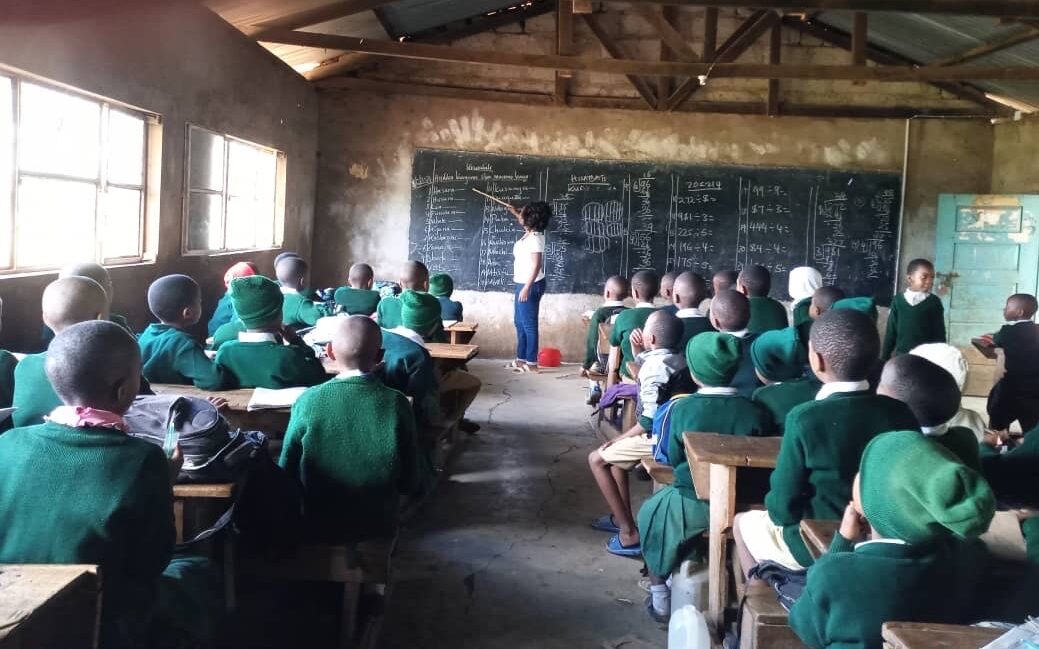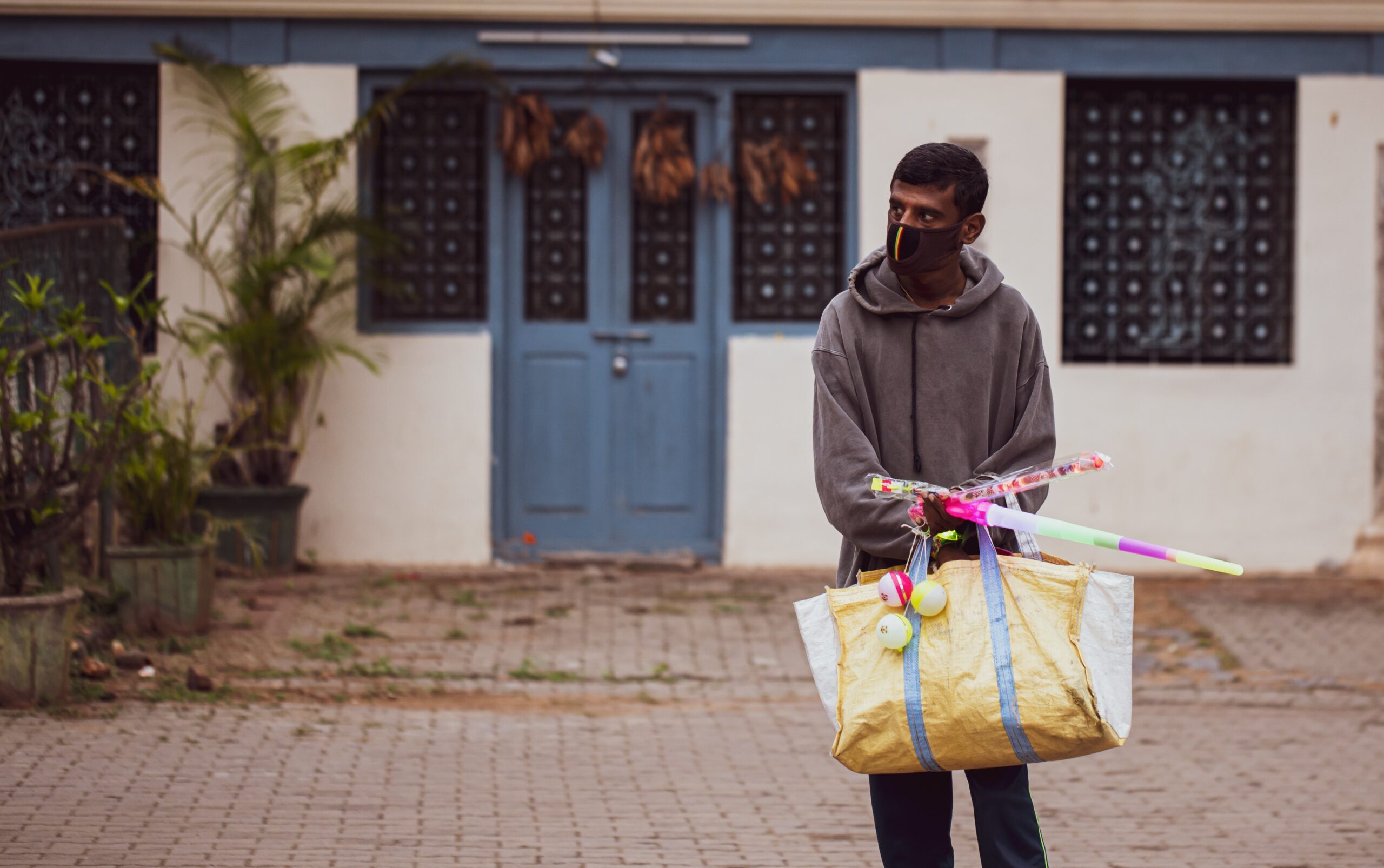Written by our Nepal Team
Remote Learning support in September
In September The FutureSense Nepal Hub was actively engaging the primary level students (aged 6-10 years) from partner schools in Dhulikhel via mobile phones since the schools’ closure starting back on April 19th. The mobile phone-based activities have helped to engage students in conversational English and STEM education. The aim of the project is to continue students’ learning activities.
In total, there are 36 students, who have been receiving regular support because they have no access to the internet ,and are from low-socioeconomic backgrounds. In addition to the phone-based learning support, we have provided students with education boxes in the form of worksheets in order to provide students with educational materials and activities to do at home. The worksheets focus on conversational English activities to develop students’ writing and speaking skills. To ensure continued support for the students, we have set up a weekly schedule to speak with students to ensure we can reach them and offer support. This helps us to confirm the students and parents are aware of the coming call and can ensure the student is well-prepared at home with the phone is charged and accessible to use. Approximately, each student receives one hour a week to learn and engage in educational activities.
Virtual Interns
The FutureSense Nepal Hub has started four virtual internships to add and further develop its modules and curriculum in core program areas: education and learning, health and wellbeing, and livelihood and income generation.
Under these 3 core areas, the virtual interns have focused on the topics of gender equality and STEM education -Science, Technology, Engineering, and Mathematics(education and Learning), water-borne diseases (healthand wellbeing), and Social and Financial Skills (livelihood and income generation).
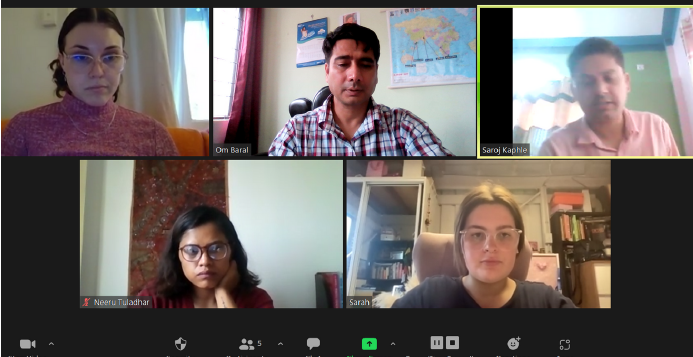
The goal of STEM education is to further develop the existing FutureSense STEM curriculum with a variety of new topics and activities for the students’ group aged 6-8, 9-11, and 12-18 years. The virtual intern in gender equality aims to add the workshop modules in the existing FutureSense curriculum for students aged 9-15to raise awareness on gender issues in the local communities.
The virtual internship in the topic of water-borne diseases is expected to help FutureSense to identify the risk factors and prevalence of water-borne diseases in local communities. The aim of this intern is to develop a complete outlined curriculum for the FutureSense WASH curriculum.
The goal of the Social and Financial Skills internship is to contextualize the Aflatoun curricula for students in grades 4-9 (aged 10-15 years).
We know that around 267 million youth in the world are unemployed and not in education or training. We at FutureSense want to help youth have better futures by providing them with social and financial awareness and skills to help them be better prepared for taking up employment or setting up their own business. To do this we have engaged international partners and interns to help us create a curriculum and resources specifically designed for Nepalese youth.
To contextualize the Aflatoun curriculum, we have partnered with Aflatoun International, an international NGO based in the Netherlands that specializes in developing social and financial curricula for NGOs and government schools working in all parts of the world. Its model is based on Active Learning Method which includes teaching methods such as story-telling, drama, and dance, song, and games, saving clubs and financialenterprises along with community improvement activities.
To develop all these above-mentioned modules and curricula, we have been coordinating with its local partners and members to provide the local information and knowledge to the virtual interns.
The FutureSense Nepal Hub is planning to deliver these projects and programs to its local students once the situation becomes safe from the COVID in local communities.
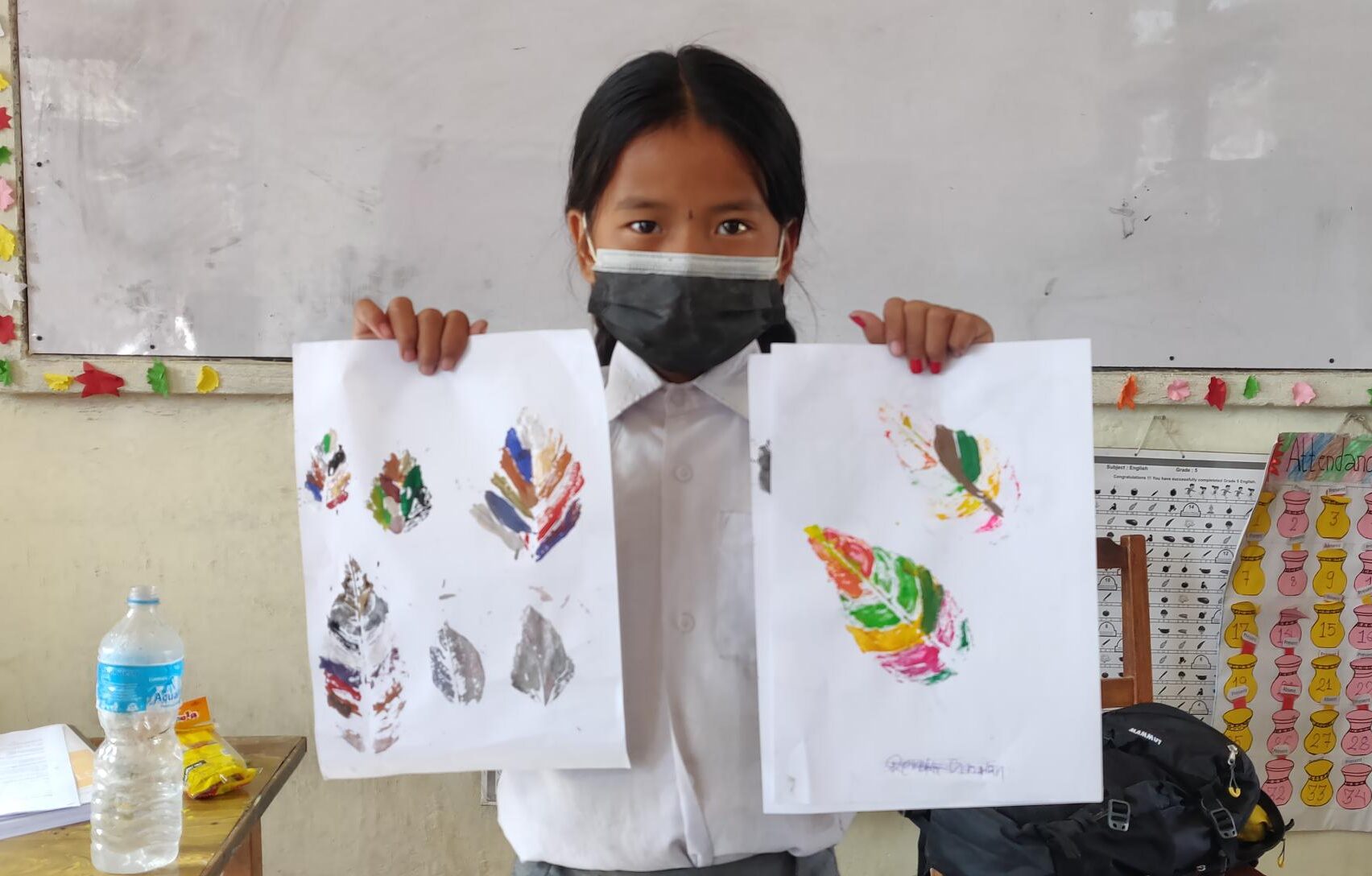
STEM Workshops in person now schools are back open
While our partner schools are gradually getting back to normal classes, the FutureSense Nepal Hub has initiated the STEM (Science, Technology, Education and Mathematics) education workshops delivery to the primary level students (aged 6-10) in Dhulikhel.
Last week, we visited our partner schools and held meetings with teachers to discuss the importance of STEM workshops and confirmed the dates to start the workshops. At the same time, we got time to familiarize ourselves with students and to inform them of the upcoming STEM activities.
Our STEM workshops are based on the modules developed by one of the recent virtual interns.
STEM workshops are fun, engaging, and creative to enhance students’ interests. Students in workshops can collaboratively work to solve problems and develop critical thinking. We believe that our workshops will help them to develop real-world problem skills and make learning enjoyable. Our workshops will help students to familiarize themselves with the school environment as they will be attending physical classes after a long time.
We aim to conduct workshops among 452 students at partner schools in Dhulikhel.
This November, we delivered STEM workshops to 62 primary level students (aged 6-10 years) at two of our partner schools: Harisiddhi and Purna Sanjeevani Schools in Dhulikhel. During the workshops, students got engaged in ‘Rainbow Leaf Printing’ activities. Students collected different shapes and sizes of leaves from the schools’ surroundings and gardens and created colourful leaves’ printing on paper.
Through the STEM workshops delivery, students gained the knowledge of how natural objects like leaves, onion, pebbles, and the bitter guards could be used to create colourful art and design. Even teachers involved in the workshops found it very helpful during this uncertainty for the students’ social and emotional wellbeing.
